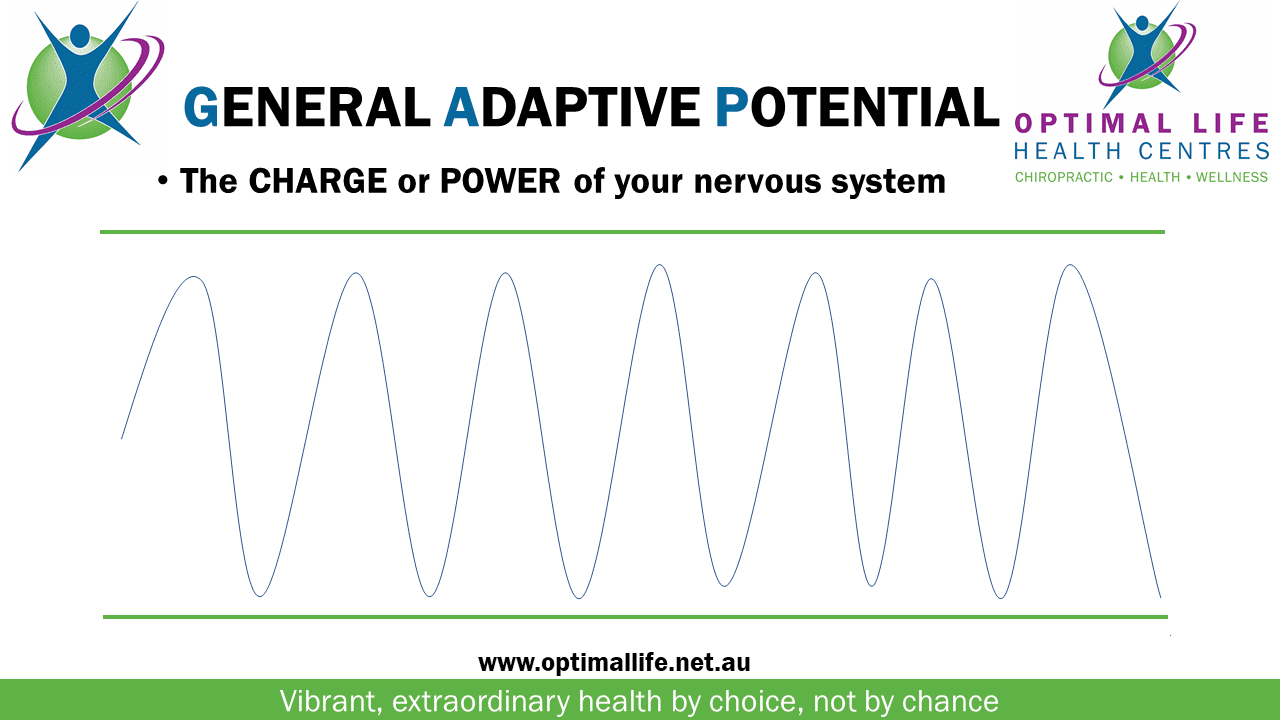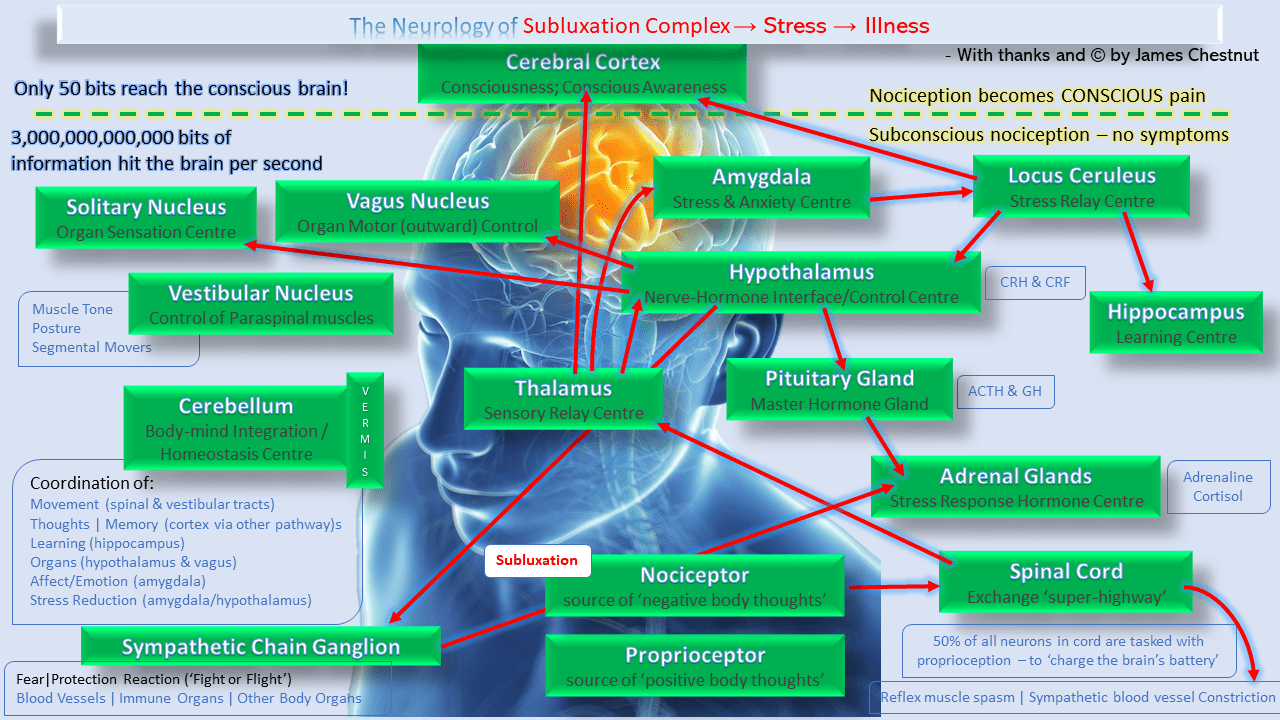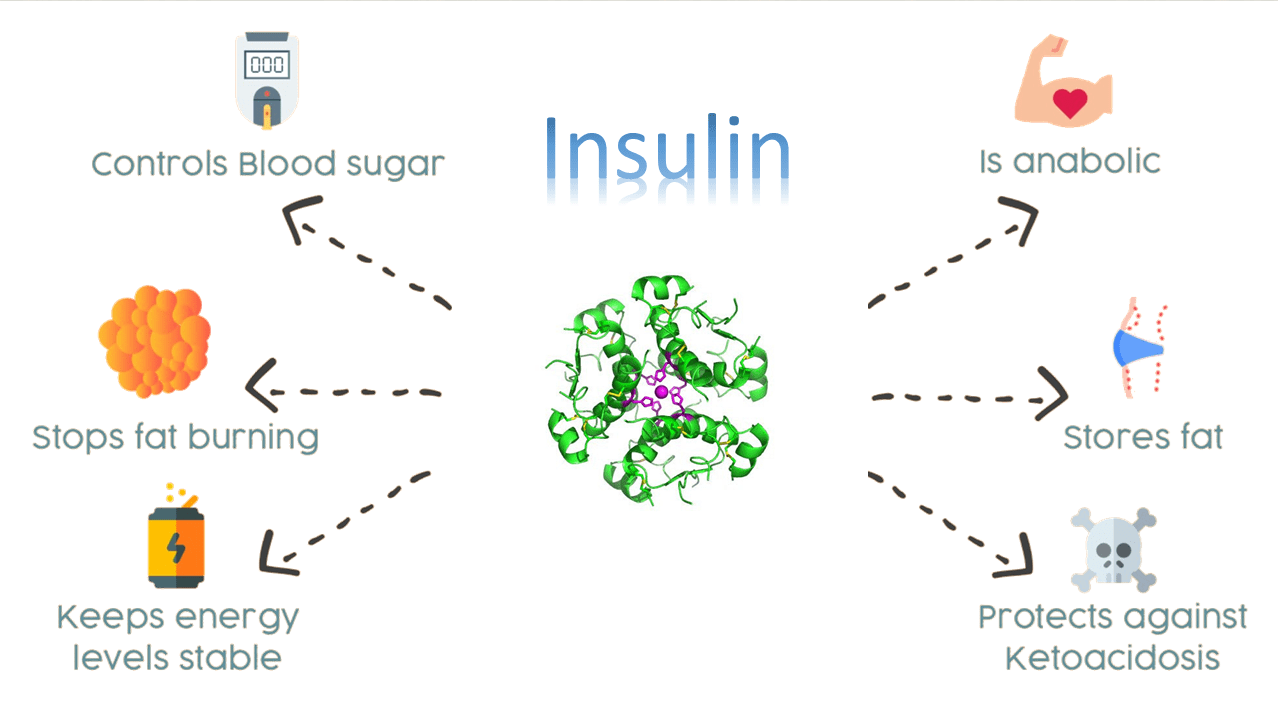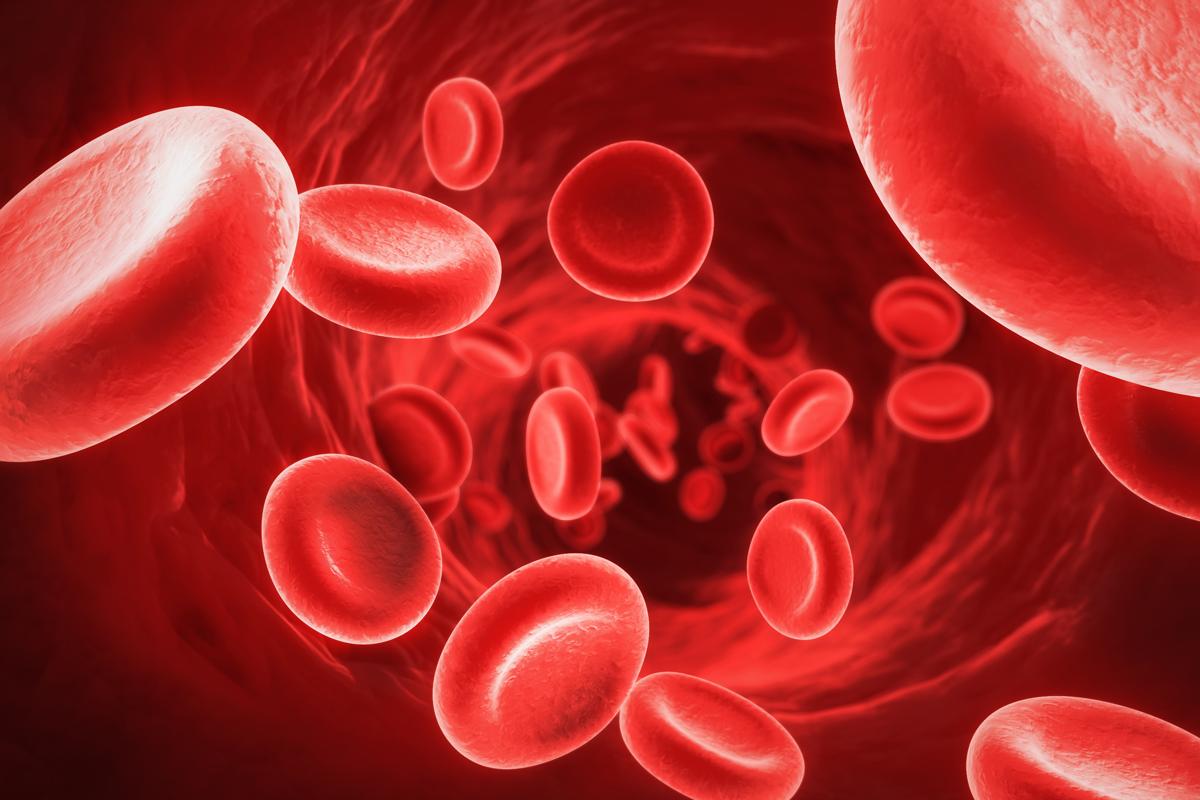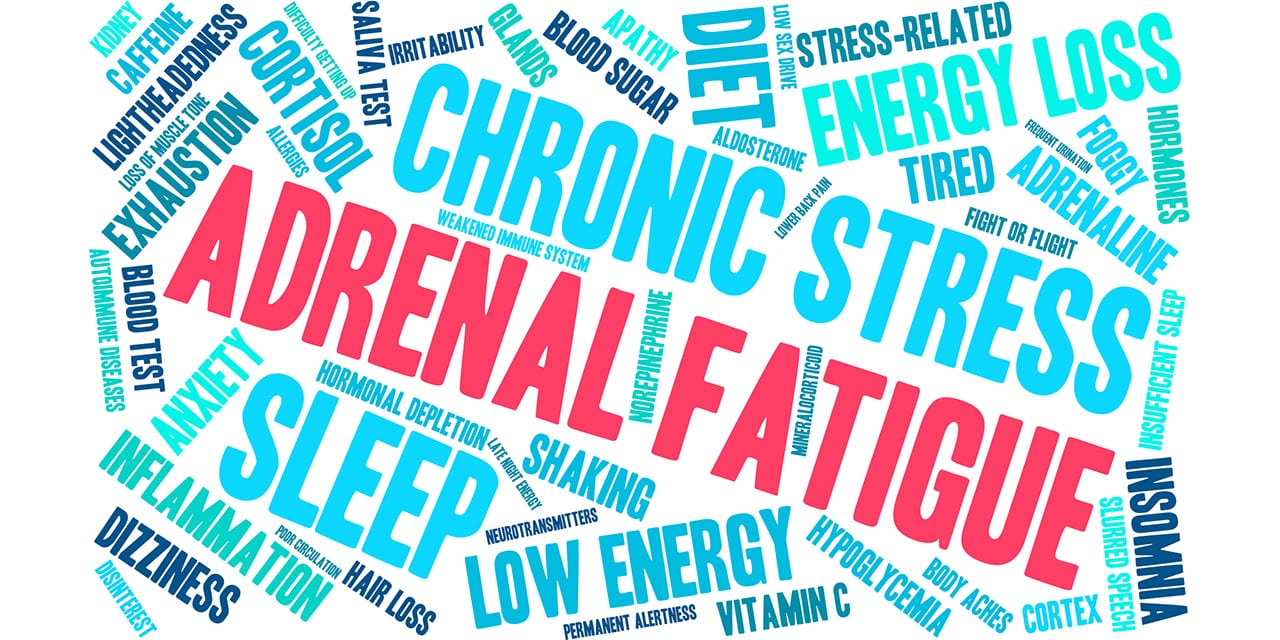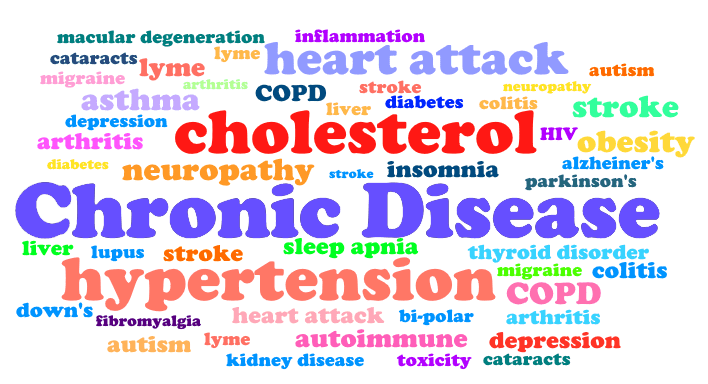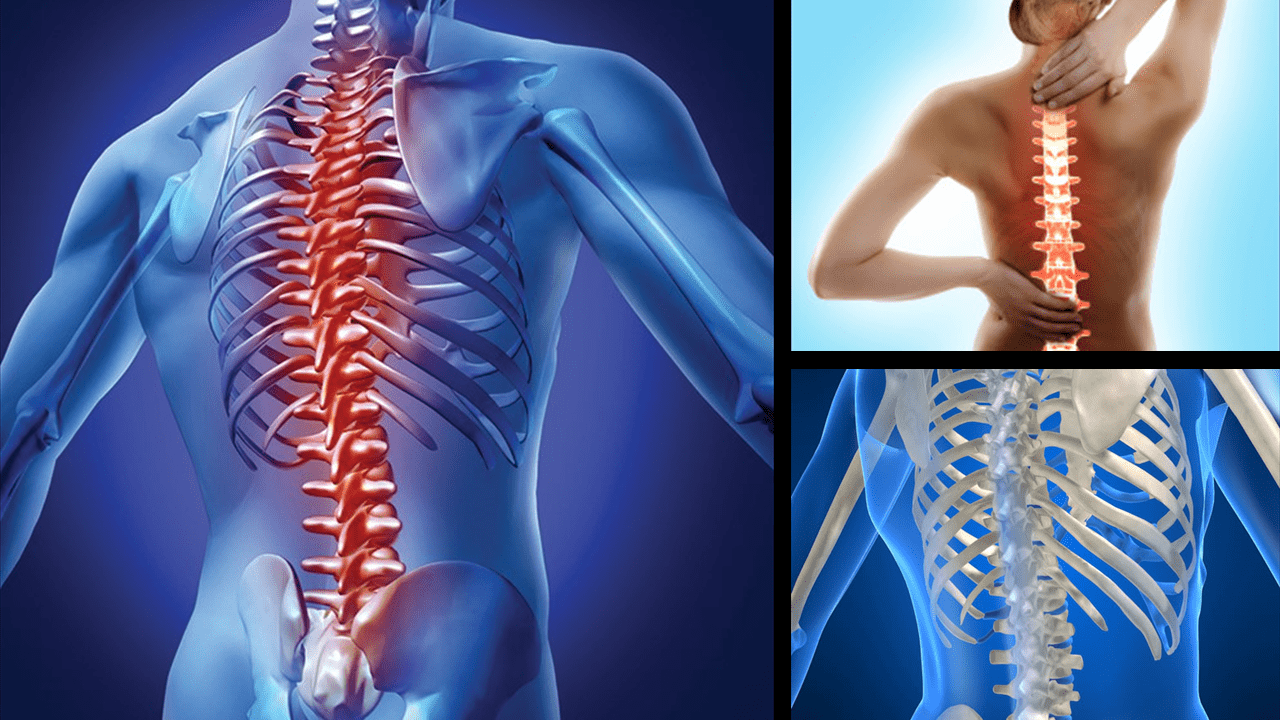One of our colleagues Patrick Gentempo coined the term ‘General Adaptive Potential’ (GAP) to explain how the flexibility of our nervous system determines if stress will have potentially good, valuable effects on our health and well-being or if we will pay a price for the stress load we are experiencing. Hans Selye, one of the … Read more
Stress Physiology
What is Pain? Chiropractic Subluxations only RARELY result in pain or other symptoms. Pain is actually an emotional experience. It results from higher brain-areas responding to ‘stress’ signals with memory and other factors which determine how bad the pain is and how debilitating it might be. The same injury can have one person doubled over … Read more
Insulin resistance is a major ‘pillar’ of chronic ill-health. Read more about these ‘pillars’ here – it’s truly important information to understand. Body resistance to insulin comes about because of sustained high blood sugar levels/load that cause the pancreas to secrete large quantities of insulin. Normally one of the major effects of Insulin is lowering … Read more
High blood sugar levels are a consistent health-risk for many of us – whether or not we are ‘officially’ diagnosed with diabetes or pre-diabetes. This comes about primarily as a result of the foods a lot of us in industrialised society choose to eat. These foods are mostly highly refined, non-fibre ‘foods’ containing refined sugars/corn … Read more
In another article here, we describe the release of stress hormones as part of the body’s ‘fear & protection’ reaction. The question is, “what does that mean for how our bodies work?” The negative health effects of increased stress hormones being released on an ongoing basis are stark and far-reaching. Almost every current ‘disease of … Read more
Chronic Illness is DEADLY SERIOUS… In industrialised (western) countries like Australia, the burden of ill-health, particularly chronic illness, has been steadily rising despite significant increases in expenditure from both the private and public purse. The evidence clearly shows that by far, the highest proportion of this ever-increasing burden is seen in the incidence of chronic … Read more
Subluxation can increase stress hormone levels, contributing to chronic illness. One main effect of subluxation is a change to the ratio of nerve signals that get to the brain to be processed and acted upon – specifically an increase in the body ‘stress’ signals that tell the brain of actual or possible harm. The most … Read more
There is a clear relationship between Vertebral Subluxation Complex (Subluxation for short), sedentary living, negative body thoughts, somatoneurophysiology™, and less-than-ideal levels of health, or increased levels of illness. Somatoneurophysiology™ Somatoneurophysiology™ is a term coined to show the clear relationship between somato- (the body wall or body ‘structure’) neuro- (the nerve feedback messages from theses structures … Read more
It cannot be denied that movement deficiency is a problematic state that can lead to many functional consequences if allowed to continue. This is as true for small degrees of movement deficiency as for large, and as true for small joints of the body as for the large weight-bearing joints like knees. Vertebral Subluxation Complex … Read more
Subluxation dysregulation is a state of that drives ‘mis-perception’ of your body and environment by your brain. Your cells and brain communicate via two main types of message – healthy ‘body awareness’ (good) signals or less healthy ‘stress’ (bad) signals. The body awareness signals are better thought of as being like a ‘nutrient’ your brain … Read more

